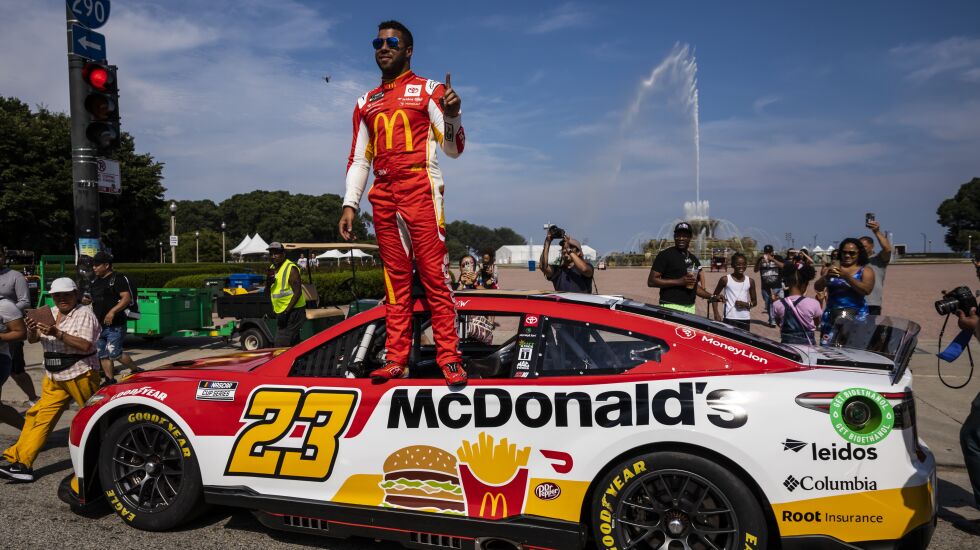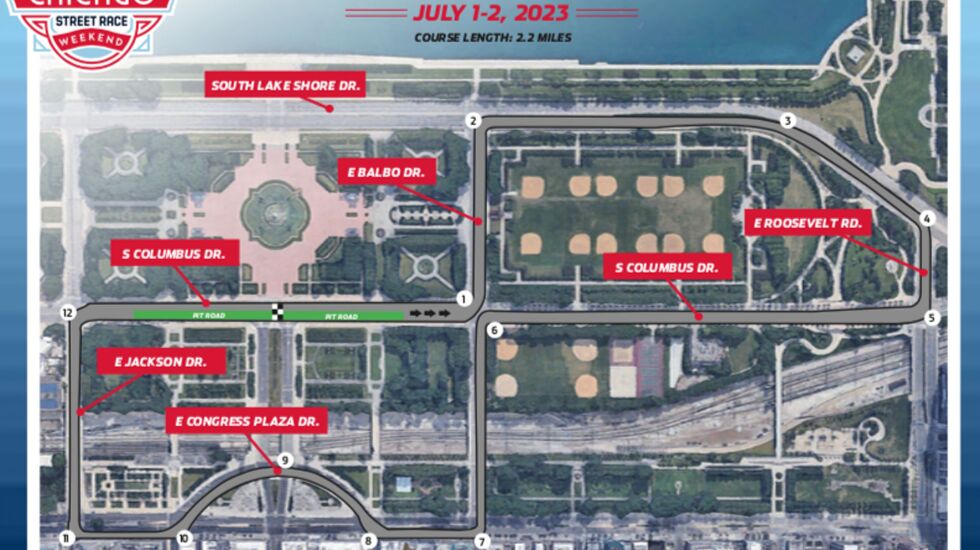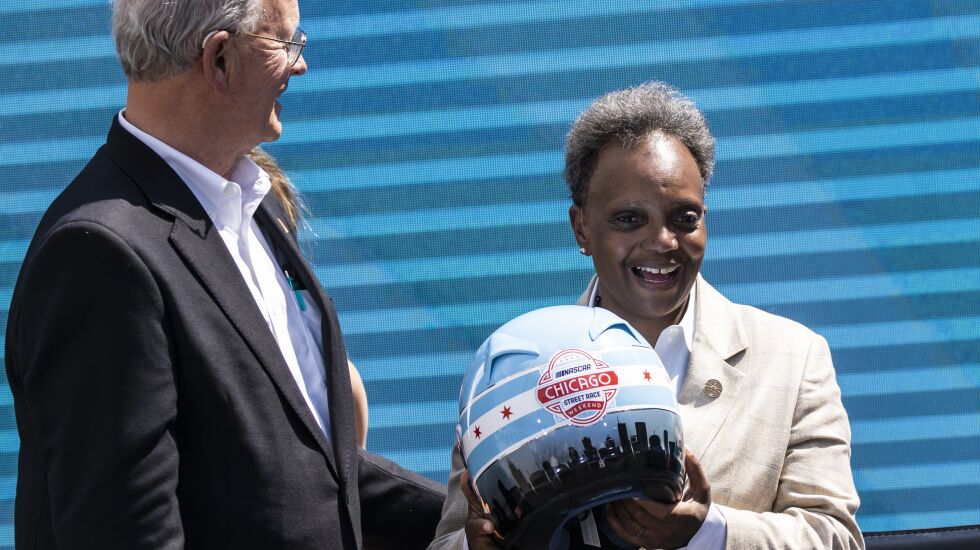
NASCAR says its first-ever street race in Grant Park in July could infuse $113 million into the local economy.
The races on July 1 and 2 should also attract many people from out of town — 65% of the expected 100,000 attendees — and finally lift the town from its pandemic slump, filling up downtown hotel rooms and broadcasting scenic parts of downtown across the world to millions.
“For us, being in Chicago is incredibly important,” NASCAR Chicago Street Race President Julie Giese told the Sun-Times editorial board on Tuesday.
She noted Chicago ranks third in terms of interest in NASCAR and hopes the Chicago race will introduce the sport to even more people.

“It’s an important market for us from a fan perspective,” Giese said. The race is “a great opportunity to showcase the city as well as NASCAR.”
NACAR says it is investing more than $50 million in the Chicago race, which was announced as a three-year deal last July with Mayor Lori Lightfoot. Downtown alderpersons later accused Lightfoot of sealing the deal without their input.
Giese said NASCAR has been transparent with those alderpersons and characterized their conversations with them as “good and open.”
The most outspoken alderperson, Brendan Reilly (42nd), even introduced an ordinance to prevent a mayor from jamming through a large event without City Council approval. He did not reply to a request for comment Tuesday.
NASCAR will begin setting up the race on June 29, constructing grandstands on Columbus Drive near the start and finish line, Giese said.
Unlike conventional oval races, the 12-turn, 2.2-mile course will keep drivers relatively slow, topping 100 mph in only a few places, she said.
TV rights were sold to NBC for the Sunday “Cup Series” race and USA Network for Saturday, Giese said. If Saturday’s race is canceled for rain, races will be doubled up on Sunday; and if the whole weekend is rained out, both races will be held Monday, she said.
NASCAR’s study — conducted by Frisco, Texas-based CSL International — also expects tourists to book 24,000 hotel room nights in Chicago and generate $8.9 million in city, county and state tax revenue.

Those bookings will be a boon for Chicago’s hotel industry, which typically sees a hotel occupancy rate below 50% on the first weekend of July, said Michael Jacobson, CEO of the Illinois Hotel Association. Hotels in collar counties have also seen a surge in bookings, he said.
It’s still unclear how much of the bill will fall on city taxpayers. The contract, obtained by WBEZ through an open records request, shows NASCAR must pay the city a $500,000 permit fee per year, a guarantee of 15% of net commissions on concessions and merchandise, $2 per admission ticket and a $50,000 security deposit for damages to Grant Park.
In contrast, Lollapalooza pays the city a guarantee of $2 million for the four-day festival and $750,000 if the festival is not held. NASCAR pays the city nothing if the race is canceled.
NASCAR officials said they are still in talks with the city about how much they’ll pay for security.







